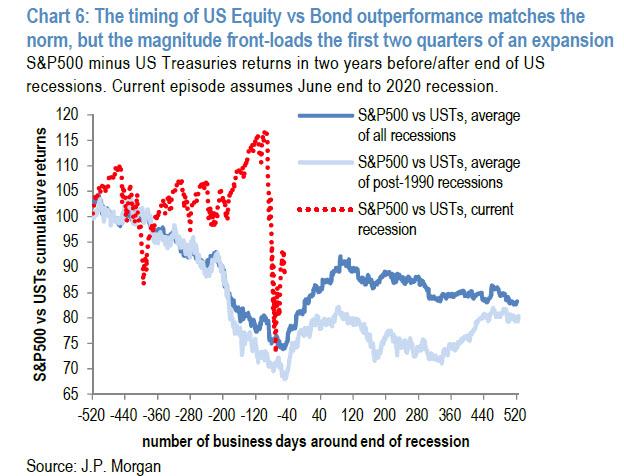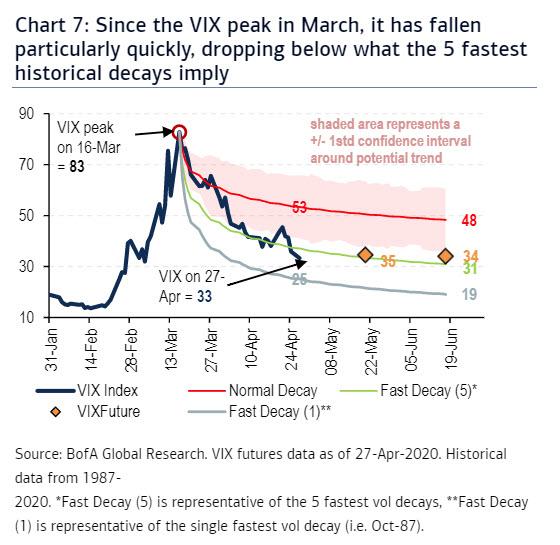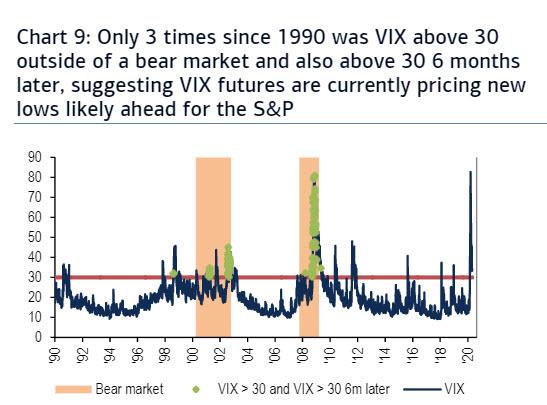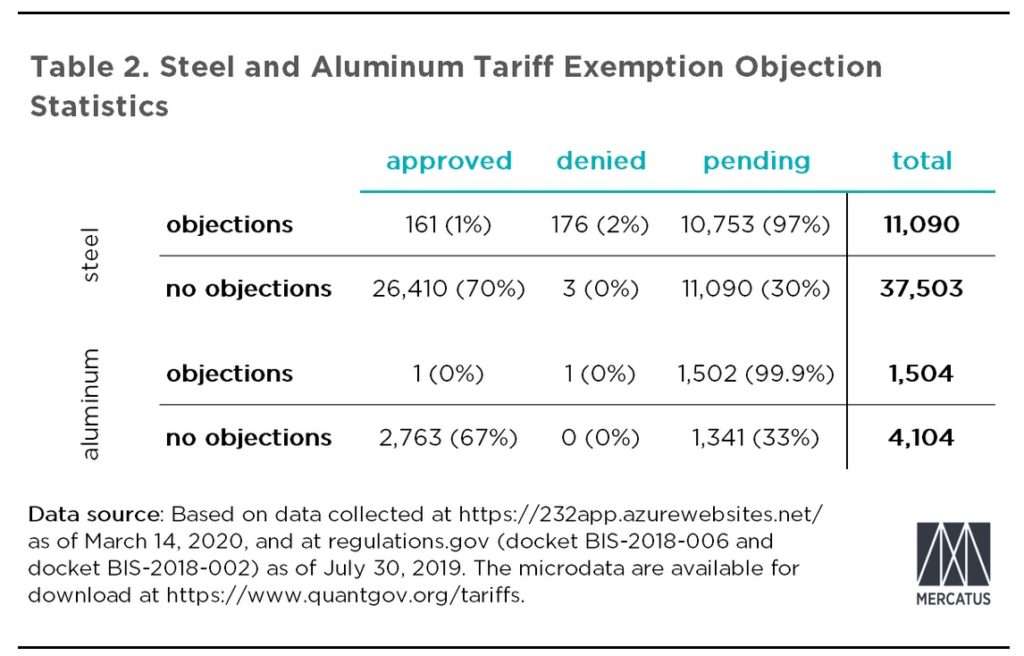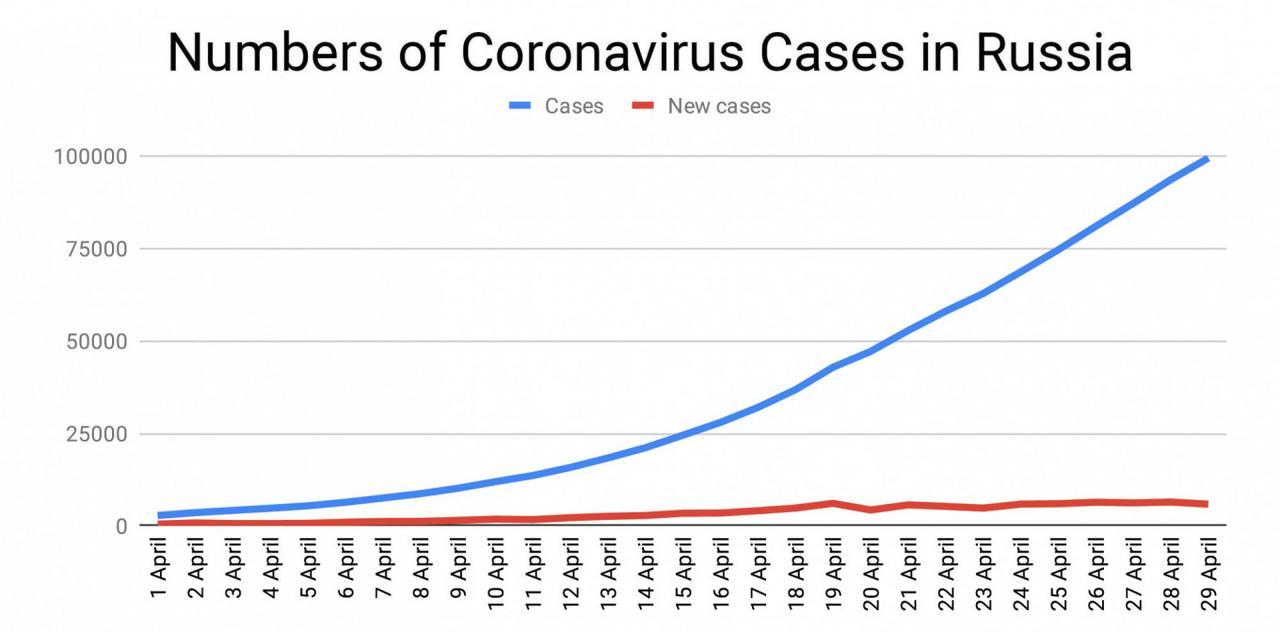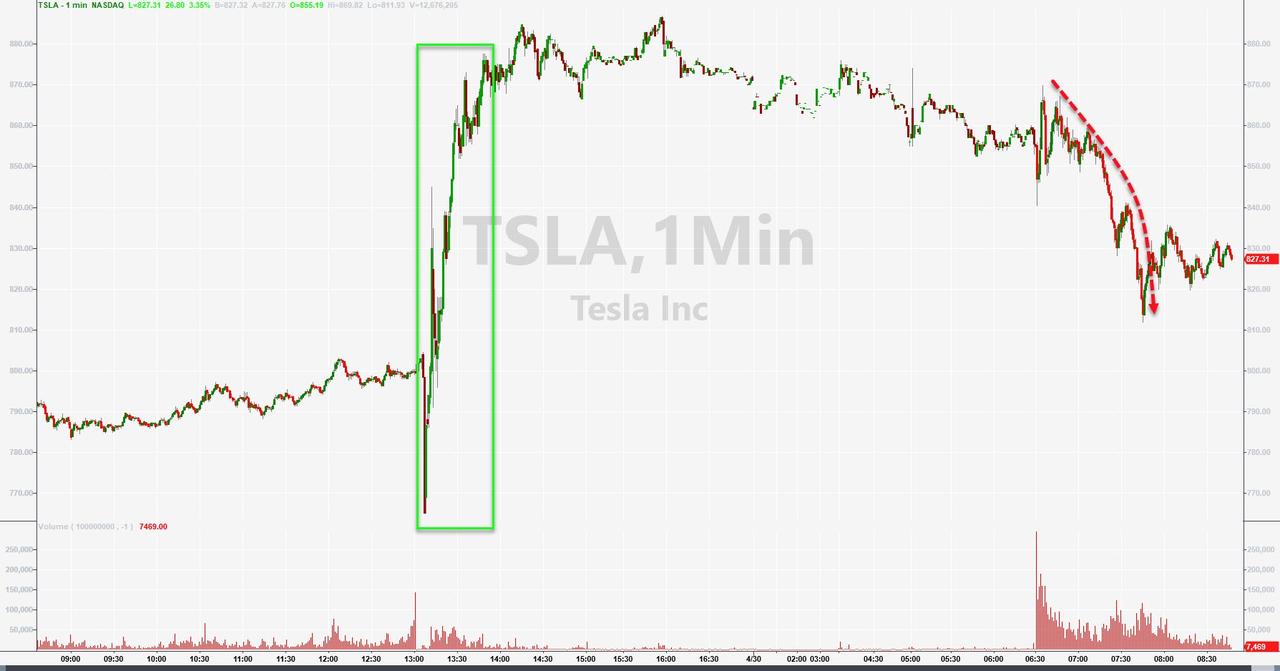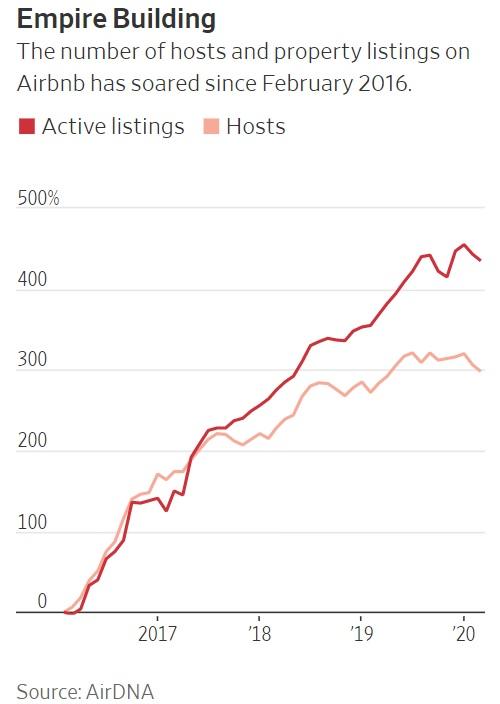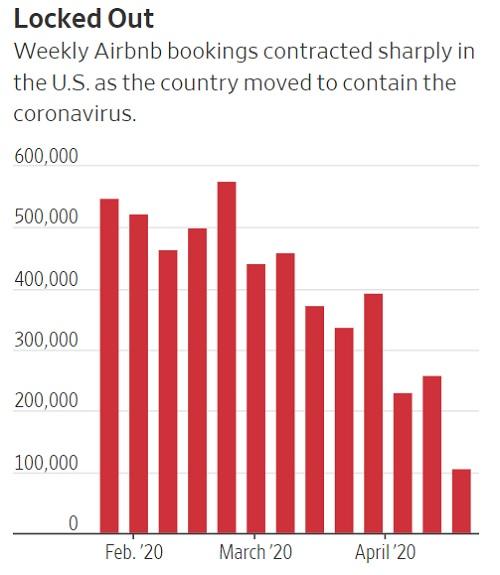Bloomberg columnist Noah Smith, an immigration advocate, let loose his inner pessimist on twitter this week and declared in a long thread that thanks to President Donald Trump and coronavirus, the “pro-immigration cause in America” is “dead” regardless of the outcome of the November election.
This is not because President Donald Trump’s anti-immigration message has won over American hearts and minds. Smith actually believes the pro-immigration side has won both intellectually and in the court of public opinion, given that 70 percent of Americans are currently pro-immigration. (Indeed, since Trump assumed office, there has been a seven-point increase in the number of Americans who believe that immigration levels should be increased.)
The trouble, Smith says, is that the anti-immigration minority is prepared to go to any lengths—even “destroy[ing] critical institutions”—to get its way. However, for the remaining 70 percent, the issue does not have the same “salience” and therefore it won’t expend as much political capital to stop restrictionists.
And this was before the coronavirus hit. After the economic devastation that the pandemic is wreaking, immigration will naturally stop and the political will to unravel Trump’s immigration restrictions will evaporate. “We’re in the Immigration Pause world now,” Smith declares. (His Bloomberg colleague, Tyler Cowen, the libertarianish George Mason University economist, echoed similar thoughts a week earlier, noting “immigration will largely shutdown” after this pandemic.)
This is exactly the kind of thing that ultra-restrictionists have been pushing for the last several decades. Should open-border libertarians crawl into a cave and assume the fetal position?
Not necessarily.
For starters (and this may come as a surprise to those familiar with Reason’s—and my—uncompromising advocacy of immigration), the crucial issue for libertarians isn’t immigration itself but unfettered freedom of movement. They are simply pro-choice. That means their interest is in tearing down physical walls and political barriers to human mobility, not ensuring any particular level of immigration. We want natural forces—the combination of “pull” factors in the host country and “push” factors in the home country —to regulate immigration rates, not central planners and bureaucrats. Immigration has always ebbed and flowed with the economy, and if a crashing economy makes America a relatively unattractive destination for immigrants, then so be it. America has had open borders with Puerto Rico since 1917 and there have been times when net immigration from that country has been zero and even negative. Should there be a loss of interest from every country, it’ll be a hit to America’s self-esteem, but nothing to fret over from the standpoint of libertarian immigration policy (although economic policy is a different matter).
So the crucial issue for libertarians is whether the panoply of restrictions enacted by Trump—many at the behest of his advisor Steven Miller—are here to stay. These restrictions represent a sustained assault on almost every aspect of America’s immigration program—humanitarian, economic, and family-based. But they were accomplished through executive and administrative action because Miller’s gambit to use the legalization of Dreamers to push Congress to slash and reform the immigration system did not work. Hence, whether these changes stick will depend very much on the outcome of the November elections, contra Smith and Cowen.
If Trump is reelected, all bets are off. Over the last four years, Miller has loaded key positions within the immigration bureaucracy with likeminded people, which means he’ll be able to hit the ground running in Trump’s second term.
But if Biden wins?
It is true that during times of economic distress, natives are much more prone to see the economy as a zero-sum game. On top of that, Volokh Conspiracy’s Ilya Somin noted in a personal exchange that liberals may use the pandemic to push social welfare measures and so might backburner immigration reform—just as President Barack Obama prioritized Obamacare after the financial meltdown instead of this issue.
However, there are also forces pushing in the other direction.
Trump’s inhumane immigration policies—snatching kids from moms without any plan to reunite them in the name of zero tolerance, warehousing asylum seekers in crowded and filthy camps in Mexico, deportation raids in Latino communities—have not just triggered widespread public disgust, but increased the “salience” of the issue for liberals and libertarians. Indeed, Democrats have never been more pro-immigration. Moreover, watching Trump push his radical agenda has emboldened and radicalized them. It was unimaginable pre-Trump that the left would push to “abolish ICE.” (That kind of thing usually was confined to the Libertarian Party platform). This does not mean that Biden will call off the border cops and let freedom of movement rip the minute he enters the White House, but it does mean the politics of immigration have fundamentally changed among Democrats from when President Barack Obama turned himself into the deporter-in-chief.
This was evident during the Democratic primaries given that former Rep. Beto O’ Rourke (D–Texas), of El Paso, explicitly ran on a campaign to tear down Trump’s wall. His rival, former mayor of San Antonio and Obama’s HUD Secretary Julian Castro, went a step further and demanded the decriminalization of border crossings, forcing Sen. Elizabeth Warren (D–Mass.) subsequently to embrace that position too. Even Sen. Bernie Sanders (D–Vt.) dialed backed his long-standing opposition to right-wing Koch-backed open borders as bad for American workers. Instead, he issued purple condemnations of Trump’s cruel policies and started issuing his usual bromides about stopping the exploitation of foreign workers by heartless employers. All of this forced Biden, the frictionless political weathervane, to apologize for the Obama administration’s deportation policies and pledge to develop a more humane plan. It’s not plausible that liberals will pull a complete switcheroo because of the coronavirus crisis.
Indeed, even if Biden doesn’t fully live up to all the expectations of liberal activists, there are some baseline expectations that he will ignore at his political peril.
Like these:
- He will have to reinstate some kind of legal status for Dreamers—even if the Supreme Court upholds the Trump administration’s efforts to scrap DACA (Deferred Action Against Childhood Arrivals)—if not their parents.
- The “Muslim” travel ban will end even if some coronavirus-related travel restrictions remain.
- Trump cut America’s refugee quota from 110,000 under Obama to 18,000, and he isn’t even meeting that number because of the impossible vetting standards he has implemented. Those will end and the program will be restored. Ditto for asylum. Trump’s Remain in Mexico policy that pays Mexico to warehouse Central American migrants while their asylum claims are heard in America is a scandal and will end.
- Trump’s public charge rule will be rolled back. The rule would deny green cards to legal immigrants or in other ways prevent them from upgrading their immigration status if they are below an income threshold and likely to collect public benefits.
- With respect to employment-based immigration, it is telling that even in the 60-day immigration pause that Trump imposed in the wake of the pandemic exempted H-2A visas that American agriculture needs to hire migrant workers. Why? Because without this labor the country’s food supply chains would come to a grinding halt. And if Trump realizes that America needs these folks, there is no way that Biden won’t. This is especially the case if his post-pandemic welfare push creates even greater disincentives for Americans to take on backbreaking, low-paying jobs. So America can’t afford to turn away low-skilled workers.
- One of the weirdest things about the Trump administration has been its animus against high-skilled H-1B immigrants. Miller has left no stone unturned to assault this program. This is the exact opposite of the consensus in the conservative policy establishment—which generally opposes low-skilled immigration because of its alleged deleterious fiscal impact but supports high-skilled immigration because it helps keep America’s global technological edge and has a positive fiscal impact. Given this conservative consensus and the massive demand from Democrats’ Silicon Valley backers for foreign techies, there is no way that a Biden presidency does not give high priority to unraveling all the red tape Miller has dispensed.
All this means that it is not unreasonable to expect that a Biden victory will mean an end to Trump’s immigration pause, virus or no virus. Whether Biden is able to meaningfully pull down the barriers and advance the cause of forcefully liberalizing immigration is a different issue. But there is every reason to hope that he will at least restore the status quo ante.
To be sure, restrictionists will fight back. But they will lose political traction the day Biden enters the White House and ascends the bully pulpit. The country is already appalled by much of what this administration has done. Trump was unusually zealous in using his megaphone to advance his restrictionist agenda and yet he swayed only his flock, not many other Americans. If Biden is only half as zealous in exposing the havoc wrought by Trump’s inhumane policies, he’ll be able to undo a good chunk of the damage.
from Latest – Reason.com https://ift.tt/3f5rZtL
via IFTTT
